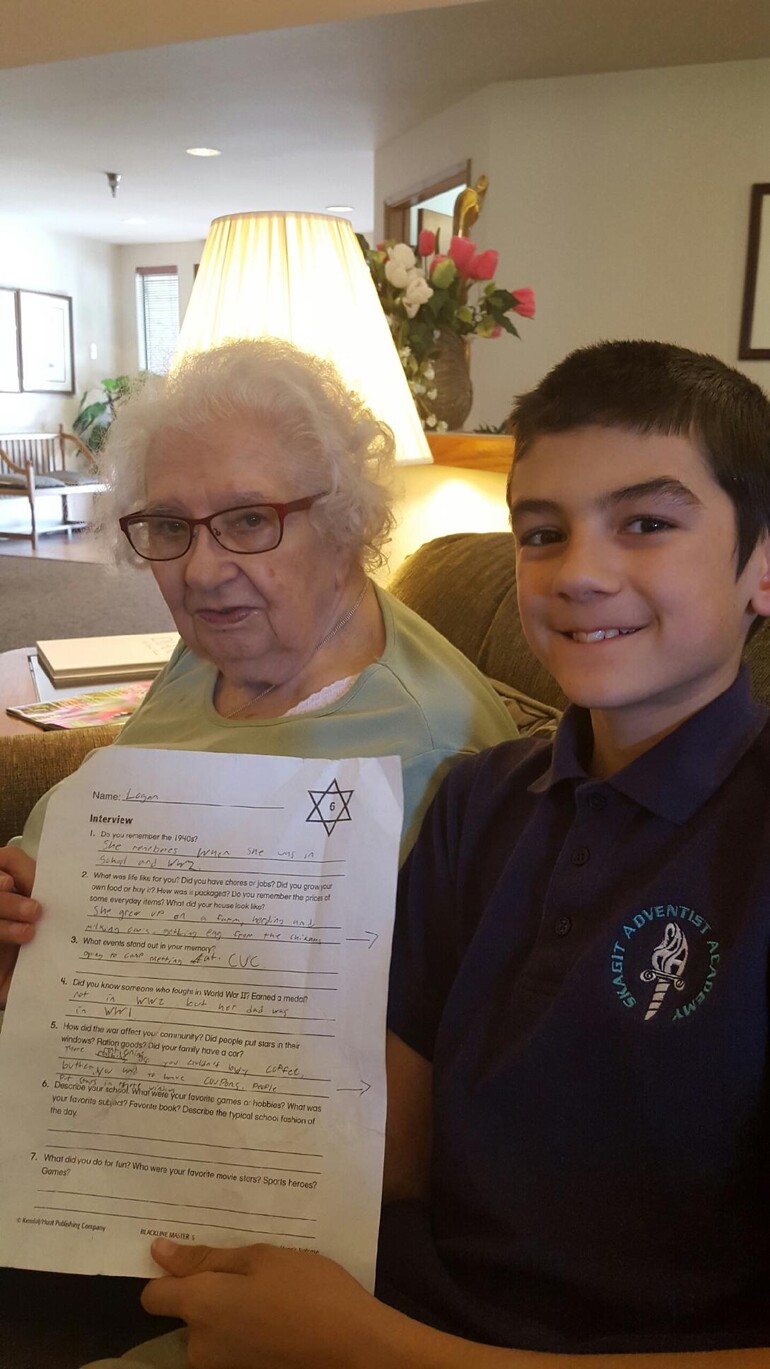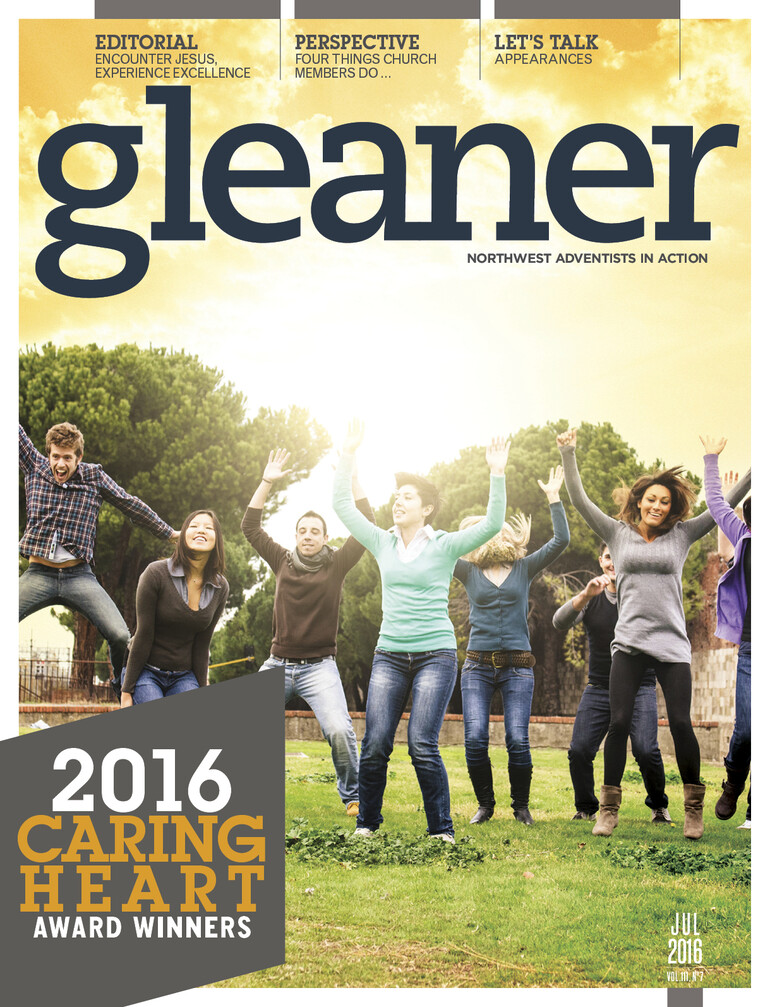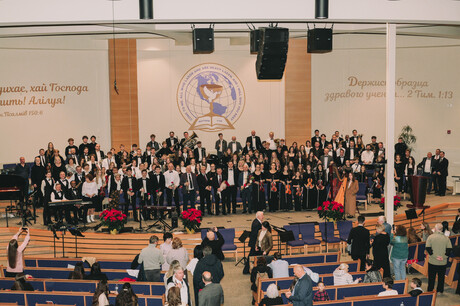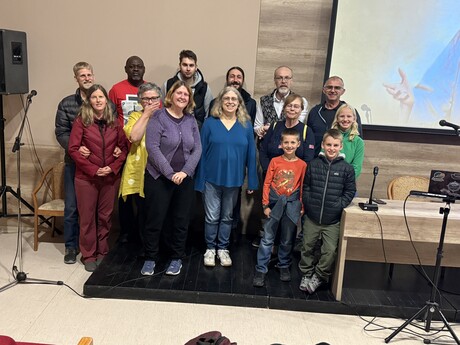Two large black and red trunks arrived at Skagit Adventist Academy’s history classes in Burlington last winter, and the students were curious. What was in them?
They soon found out.
Each trunk contained teaching curriculum from the Holocaust Center for Humanity in Seattle to help students grasp the enormity of the Holocaust.
For three weeks, students in grades seven through 10 watched short videos, read short excerpts, and used pictures and replicas to learn how Hitler developed his “Final Solution” and what people like British humanitarian Nicholas Winton did to help rescue hundreds of children.
One of the most impactful assignments centered on short biographies of children who were part of the Holocaust. Each student received a different child. Their task was to summarize the participant’s life and then predict an outcome. Some were discouraged to find that their person had not survived the war, while others were pleased to find that theirs had indeed survived the horrors of the Holocaust.
In the fifth and sixth grades, students learned similar themes as they read the book Hana’s Suitcase, a story of a modern-day teacher receiving the suitcase of a Holocaust victim named Hana and the research that followed to identify the owner.
The curriculum included Skagit students researching life in the 1940s and conducting personal interviews with people who lived back then. They learned about the daily life and the impact that the war had on people’s lives.
"Interviewing people who lived during World War II made what we learned more personal and believable,” says Makena VonBergen, sixth-grade student. “It has helped me connect and relate better with older people. I see them more as brave now."
Skagit students held discussions over deeper, value-forming issues that were raised in the books and articles they read. They read the story of the Ten Boom sisters who were committed to helping the Jews. Corrie ten Boom chose to lie about having a radio in the house and was able to help many Jews. Her sister chose not to lie and was also able to help many Jews. The fifth- and sixth-grade students held a debate over the ninth commandment to not bear false witness and whether there was a time when it was okay to lie — such as when you are saving a life.
"I see the courage people like the Ten Boom sisters showed through the difficult situations they went through,” says Leili VonBergen, eighth-grade student. “I'm amazed by the love, kindness and forgiveness they showed towards the Nazis."
Through these in-depth studies of the Holocaust in fifth through 10th grades, Skagit students were able to better relate to history and see their role as Jesus’ followers. As Christians, we are called to help and serve others in the face of evil, and so many of the Holocaust stories bring this call to the forefront. Skagit students were able to lay life foundations to understand the value of service and the value of standing against the evil in this world.
Tami Rowe and Rachel Mountain, Skagit Adventist Academy teachers






